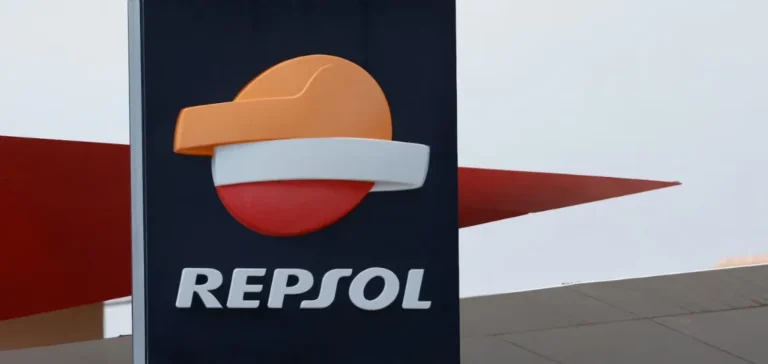Spanish oil group Repsol reported a significant decline in net profit for the first six months of the year, reaching €603mn ($653mn), far from the €1.63bn ($1.76bn) recorded a year earlier. This decrease is mainly due to volatile crude oil prices and the operational impact caused by the large-scale power outage that occurred on April 28 across the Iberian Peninsula.
The power outage penalises production
The company stated that the electricity outage, which affected Spain and Portugal, disrupted operations at its five refining sites and three major chemical plants, resulting in an estimated financial impact of €175mn ($189mn). Repsol noted it is considering possible legal actions, pending the outcome of the investigation into responsibilities for the incident.
In addition to this event, the company’s performance was affected by falling oil prices amid ongoing geopolitical uncertainty and international trade tensions. The group highlighted in its communication that the current environment remains marked by uncertainty, particularly linked to United States trade policy.
Financial indicators and demonstrated resilience
Repsol’s adjusted profit, the main reference for investors assessing operational performance, fell by 36% to €1.35bn ($1.46bn). However, this result exceeded the consensus forecast of €1.12bn ($1.21bn). The group’s oil production also declined by 5.4% year-on-year in the second quarter, averaging 557,000 barrels per day.
The company reported the acquisition of 142,000 new customers over the period, seen as a sign of adaptability amid challenges. Repsol also confirmed the continuation of its shareholder distribution policy, which is expected to total €4.6bn ($4.98bn) by 2027.
Expanded share buyback programme
A new share buyback programme worth €350mn ($379mn) is set to be launched by the end of 2025. This will add to a similar programme announced in February and already completed, bringing the total capital reduction to €700mn ($758mn). According to the company, these operations aim to optimise the capital structure and increase shareholder remuneration in an unstable market environment.
The increased use of share buybacks, seen in recent years across the sector, reflects a broader trend towards enhancing returns for shareholders. Repsol indicated that it continues to assess the financial consequences of the April 28 outage and its risk management strategy, as the European energy environment remains exposed to both technical and geopolitical uncertainties.






















